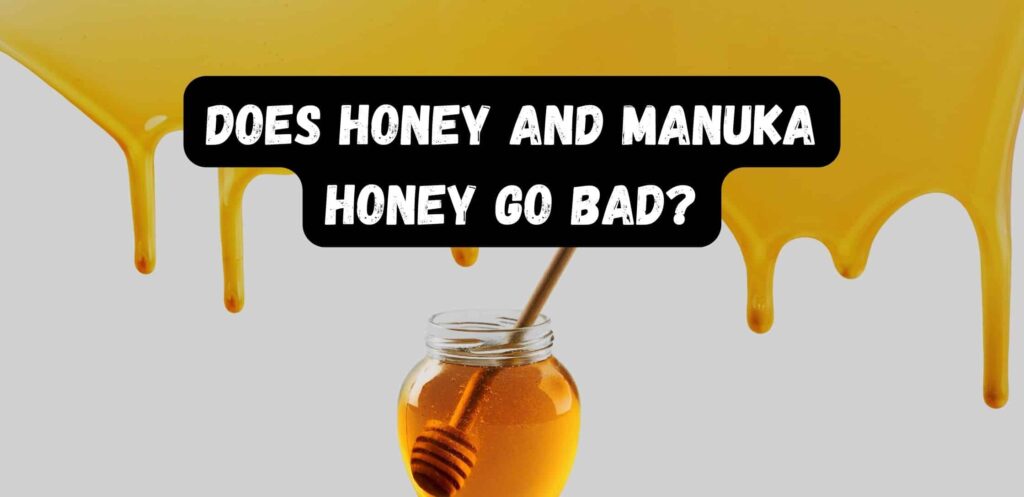
You may be wondering if manuka honey has an expiration date. Well, the good news is that manuka honey does not expire! This unique honey originating from New Zealand has remarkable properties that allow it to stay edible and maintain its potency for an indefinite period of time. Whether you have a jar sitting in your pantry for months or even years, you can rest assured knowing that your manuka honey will always be safe to consume and provide you with its incredible health benefits. So, next time you reach for that jar, remember that its goodness is timeless.
Does Manuka Honey Expire
If you’re a fan of honey, you may have heard of the special qualities and benefits of Manuka honey. Manuka honey is known for its unique flavor and impressive medicinal properties. But just like any other food product, you may wonder if manuka honey has an expiration date.
The short answer is no, manuka honey does not expire. However, there are certain factors that can affect its shelf life and quality over time. In this article, we will explore the characteristics of manuka honey, understand honey shelf life, discuss the factors that affect manuka honey expiration, learn how to determine if manuka honey has expired, explore storage methods to extend its shelf life, and discuss the signs of spoiled or expired manuka honey.
We will also touch upon the health risks associated with consuming expired manuka honey, as well as the instances where expired manuka honey can be safely consumed. By the end of this article, you’ll have a comprehensive understanding of the shelf life and expiration of manuka honey, and how to make the most out of this liquid gold.
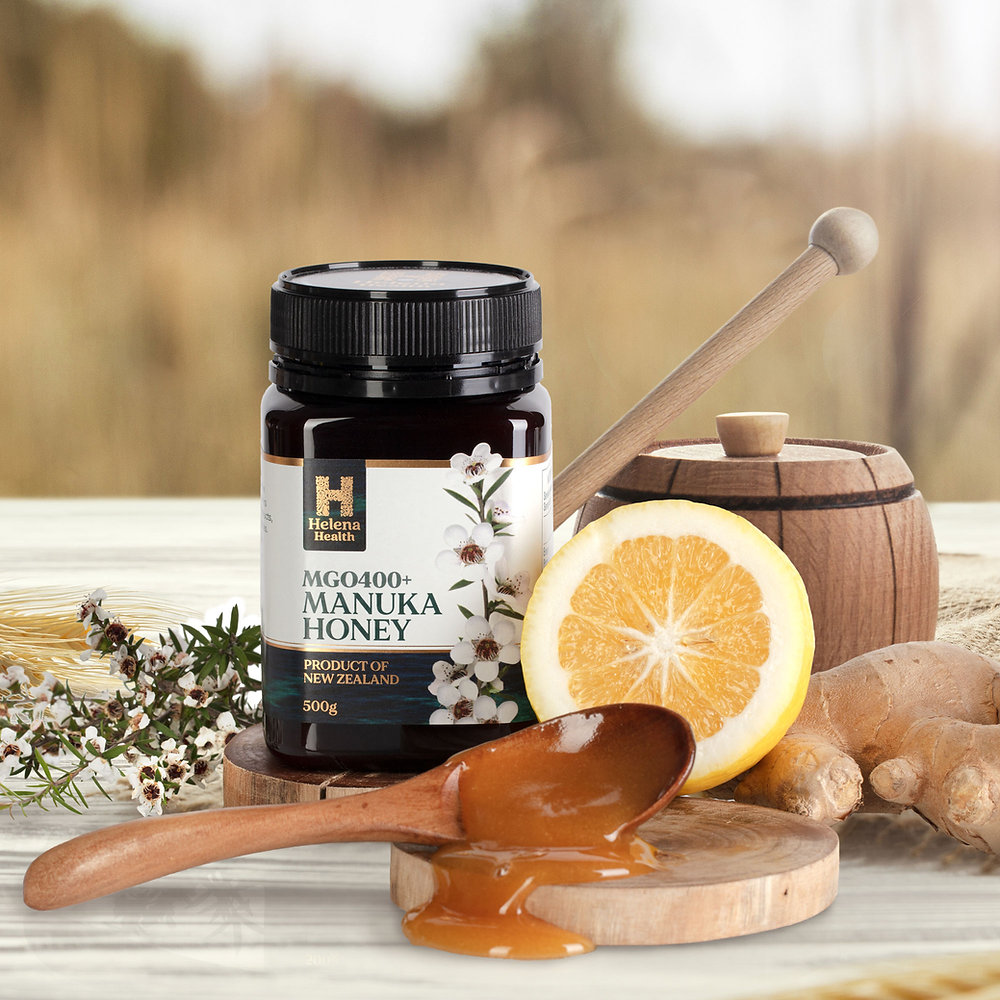
Characteristics of Manuka Honey
manuka honey is a type of honey that is produced by bees that pollinate the manuka bush in New Zealand. What makes it unique is its high concentration of methylglyoxal (MGO), which is the compound responsible for its antibacterial and healing properties. Additionally, manuka honey has a distinctive flavor profile, characterized by its rich, earthy taste with a slightly bitter aftertaste.
Understanding Honey Shelf Life
Honey, in general, has an incredibly long shelf life. Archaeologists have found pots of honey in ancient Egyptian tombs that are over 3,000 years old and still perfectly edible. The reason for this long shelf life is primarily due to its natural properties. Honey is a supersaturated sugar solution, containing very little moisture, which creates an inhospitable environment for bacteria and other microorganisms to thrive.
However, it’s important to note that over time, honey can undergo changes in taste and texture. It may become crystallized or darker in color, but this does not necessarily mean that it has expired. Crystallization is a natural process that occurs when the sugar in honey forms granules, and it can be easily reversed by gently heating the honey.
Factors Affecting Manuka Honey Expiration
Although manuka honey does not technically expire, several factors can affect its shelf life and quality. One of the main factors is temperature. Exposure to high temperatures can cause the enzymes in honey to break down, leading to a decrease in its antibacterial properties and overall quality. It is important to store manuka honey in a cool and dry place, away from direct sunlight and heat sources.
Another factor that can impact the shelf life of manuka honey is moisture. Honey with higher moisture content is more prone to fermentation and spoilage. It is essential to ensure that the container is tightly sealed to prevent moisture from entering and to maintain the honey’s freshness.
Determining if Manuka Honey Has Expired
As mentioned earlier, manuka honey does not have an expiration date. However, it is still essential to check for signs of spoilage before consuming. One way to determine if manuka honey is still good is to examine its appearance and texture. If it has become extremely watery or has visible mold growth, it is best to discard it.
Additionally, an off or unusual odor can indicate that the honey has gone bad. Manuka honey usually has a distinctive aroma, so any foul smell is a red flag. Lastly, if the taste has significantly changed or is unpleasant, it may be an indication that the honey has expired.
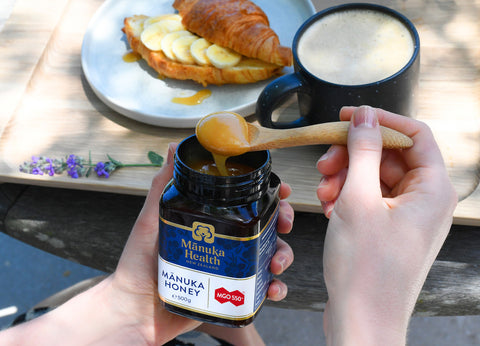
Storage Methods to Extend Manuka Honey’s Shelf Life
To maximize the shelf life of your manuka honey, it is crucial to store it properly. One of the best ways to store manuka honey is in a glass jar with an airtight lid. Glass is non-reactive and will not absorb or alter the flavor of the honey. Additionally, the airtight seal will prevent moisture and air from entering, helping to maintain the honey’s freshness.
It is also important to store manuka honey in a cool and dark place, such as a pantry or cupboard away from heat sources and sunlight. Extreme temperatures can cause the honey to deteriorate faster. If you live in a particularly hot climate, consider refrigerating your manuka honey to ensure its longevity.
Signs of Spoiled or Expired Manuka Honey
While manuka honey has a long shelf life and does not technically expire, it is still possible for it to spoil or go bad under certain conditions. Here are some signs to look out for to determine if your manuka honey has spoiled:
- Unusual odor: If your manuka honey has a foul or off smell, it may have gone bad. Manuka honey typically has a distinct aroma, so any deviation from that should be a cause for concern.
- Visible mold growth: If you notice any mold growth on the surface of your manuka honey, it is a clear indication that it has spoiled. Do not consume honey with visible mold growth, as it can cause illness.
- Extremely watery consistency: Manuka honey should have a thick and viscous texture. If it has become excessively watery or runny, it is best to discard it.
- Off taste: If the taste of your manuka honey has significantly changed or is unpleasant, it may have expired. Trust your taste buds and if the honey no longer tastes good, it is better to be safe and discard it.
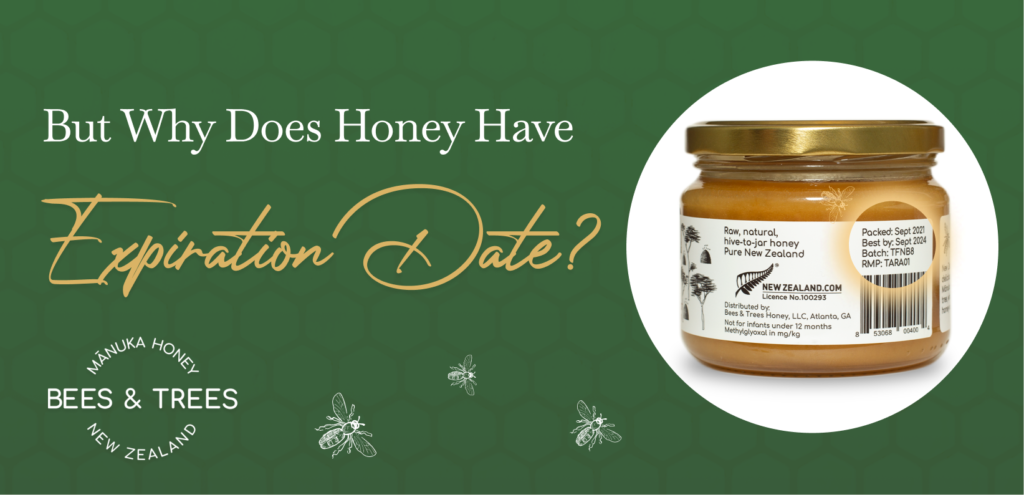
Health Risks Associated with Consuming Expired Manuka Honey
Consuming expired manuka honey does pose some health risks. If honey has spoiled or gone bad, it can become a breeding ground for harmful bacteria and toxins. Consuming spoiled honey can lead to food poisoning symptoms, including nausea, vomiting, diarrhea, and stomach cramps.
For individuals with weakened immune systems, such as pregnant women, young children, or those with underlying health conditions, the risks of consuming spoiled honey are even higher. It is vital to exercise caution and ensure that your manuka honey is fresh and safe to consume.
Using Expired Manuka Honey for External Purposes
Even if your manuka honey has passed its prime for consumption, it doesn’t necessarily mean it has to go to waste. Expired manuka honey can still be used for external purposes, such as skincare or wound healing. Manuka honey has well-known antibacterial and anti-inflammatory properties, making it an excellent natural remedy for various skin conditions.
Applying expired manuka honey topically can help soothe and heal minor cuts, burns, or irritations. Its antibacterial properties can help prevent infection and promote faster healing. However, it’s important to note that if the honey has a foul odor or visible mold growth, it is not suitable for external use either.
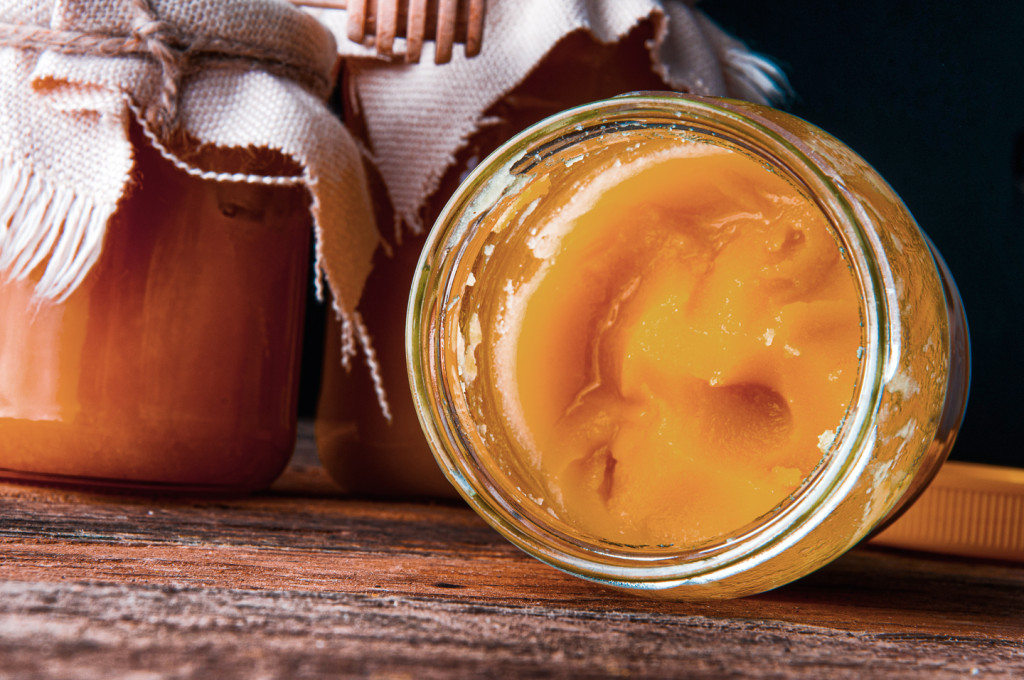
Instances Where Expired Manuka Honey Can be Safely Consumed
While it is generally advisable to discard expired honey, there are a few instances where expired manuka honey can still be safely consumed. If the honey has not shown any signs of spoilage or change in texture, odor, or taste, it is likely that it is still safe to consume, even after the recommended shelf life.
If you’re unsure about the quality or safety of your expired manuka honey, it’s best to consult with a healthcare professional or a honey expert who can provide more specific guidance based on the condition of the honey.
Conclusion
In conclusion, while manuka honey does not technically expire, it can undergo changes in taste and texture over time. Factors such as temperature and moisture can affect its shelf life and quality. It is important to store manuka honey properly and check for signs of spoilage before consuming.
Consuming expired manuka honey can pose health risks, especially for individuals with weakened immune systems. However, if your manuka honey has not shown any signs of spoilage and still looks, smells, and tastes acceptable, it is likely safe to consume, even after the recommended shelf life.
Remember to always use your best judgment and trust your senses when it comes to the freshness and quality of your manuka honey. Enjoy this golden elixir responsibly, and savor its unique flavor and beneficial properties.
